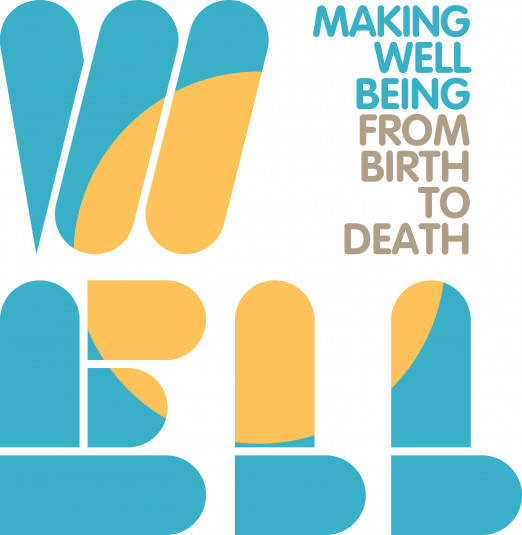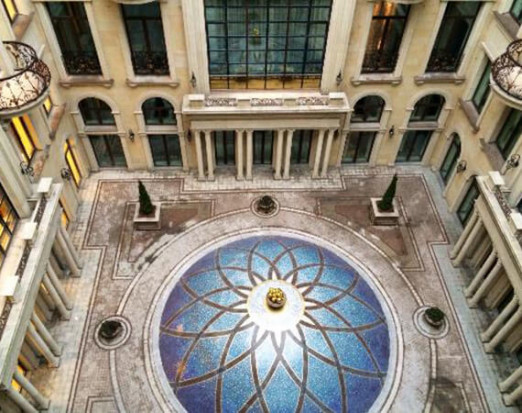The 72 Hour Cabin
The 72 Hour Cabin is an experiment led by the Swedish tourist board, Visit Sweden, testing the effects that proximity to nature has on our overall wellbeing. Based on the Swedish notion of Allemansratten, or the ‘freedom to roam’, five participants from across the globe were chosen to spend three days in bespoke, architecturally designed glass cabins on a rural Swedish island whilst having their stress levels monitored.
The cabins are modest, only big enough to fit a double bed, they are made almost entirely of glass, except for the timber frame. Glass was used so the residents felt so close to nature as possible- even when sleeping.
Five people with high-stress professions were selected and asked to switch off from modern technology, and take refuge in glass cabins on Henriksholm Island (near Gothenburg) for three days. The island is largely uninhabited, with 60% given over to forestry and 40% to grazing highland cattle.
British Broadcaster and nature enthusiast Ben Fogle, a German police officer and a French taxi driver were encouraged to immerse themselves in the island’s natural beauty and engage with nature in a traditionally Scandinavian way; partaking in activities like fishing, mushroom gathering and hiking. During this time, their stress levels, creativity and problem-solving abilities were monitored by researchers from the Karolinska Institute in Stockholm.
After spending three days on the island, participants reported a 70% decrease in stress levels, their systolic blood pressure fell from 128 mmHg to 117 mmHg, while their heartrate dropped from 70bmp to 60bmp.
Wellbeing was measured on a 1-4 point scale and participants reported an average of 3.2 to 3.8 while increased connectedness to nature was measured on a 1-7 point scale, rising from 2.8 to 5.7 over the course of the 72 hours.
The cabins were designed by Jeanna Berger, the daughter of the island’s owners who is studying to become an architect at Chalmers Tekniska Högskola in Gothenburg. Berger’s brother-in-law, Jonas Fred Hell, and his colleague Robert Fridh from Fridh & Hells Bygg AB Construction Company in Bengtsfors collaborated to realise her vision.
The project grew out of preliminary research on happiness and wellbeing undertaken by Visit Sweden. Research showed that regular exposure to nature significantly reduces an individual’s stress levels. The Swedish life index ranks highly overall, with 90% of Swedes believing that spending time outdoors imbues their life with more meaning. As a result, 50% of the population say they spend time in nature at least once a week.
For more information on the 72 Hour Cabin project, including details on how to book a cabin and increase your own sense of wellbeing, please visit Visit Sweden.








_credit_Magnus_Klang.jpg?1507546565)
.jpg)



